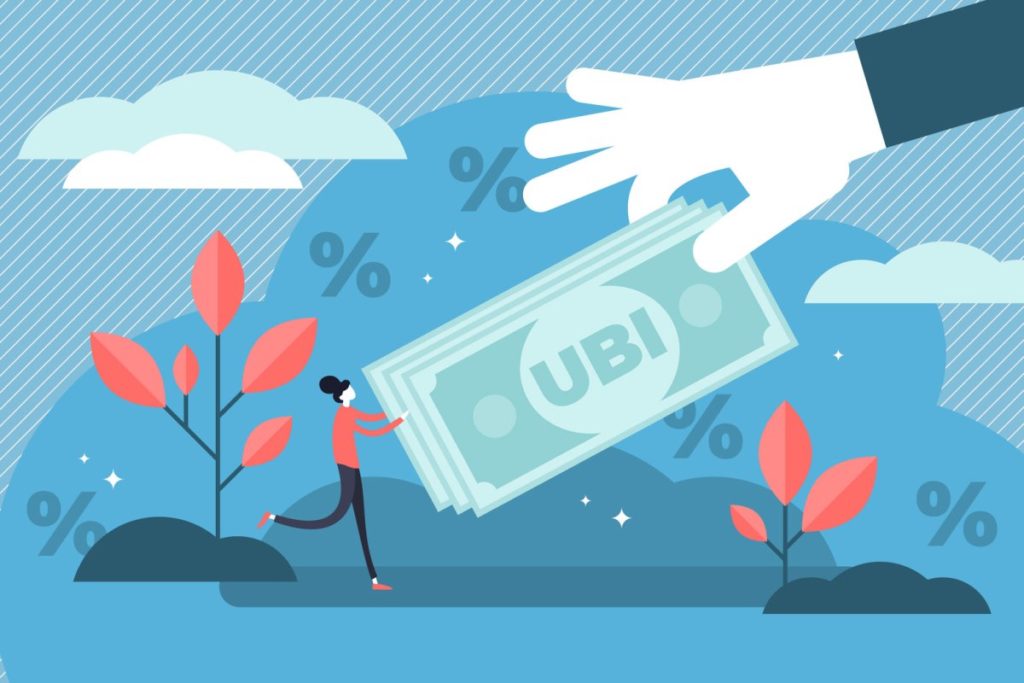Nigeria is known for producing some of the finest African Music in the world, with many well-known artists and composers have emerged from the country. While there has been a great deal of commercial interest in this African continent for many years, the Nigerian music industry and popular Nigerian music such as the one covered by NaijaVibe have always had the distinct advantage of being largely self-sufficient, with its own recording culture and promotion strategies. With the advent of the Internet, online retailers have made it possible to purchase the latest and most popular Nigerian music, at greatly reduced prices.
The Beautifulness of Nigerian Music
Since many of Nigeria’s indigenous ethnic groups are literates, they are often able to compose and perform music, and to market it effectively on the international scene. Some of these groups have been doing so for generations and have been enjoying relative success. Others have spent decades in the industry, building recording studios and associations, while many more have only recently begun putting out records. The Nigeria of today owes much of its popularity and prosperity to newer, indigenous artists who have been galvanized by the current state of things in Nigeria, and who have taken their instruments into their own hands, creating some of the world’s best music.
Nigerian music is characterized by its widespread use of ‘umba’, which is a fast-paced dance style that has roots in traditional African dances from Igbo and Bau Tchang. The term is derived from an Igbo word which means ‘the four directions’. In addition to ‘umba’, many Igbo rhythm and blues and gospel songs also utilize ‘dumbu’. In fact, many Igbo musicians and scholars maintain that such ‘umba’ is their own invention and that it was first adopted by Igbo musicians during the mid-nineteenth century.
The Massive Body of Work
This lively music, combined with distinctive coral style, has produced a massive body of work that transcends genre and even national boundaries. Traditionalists, however, claim that Nigerian music is vastly different from Western music, in that it is ‘gestalt’. They further assert that it has been influenced by Western music, especially the European music of the era of Benelli. This group of traditionalists argues that Nigerian music contains no anti-Western or racist influences, as many Western artists have claimed. On the contrary, they point out that most of the ‘facts of Western music’ can be found in Igbo rhythm and blues.
During the colonial period, European powers imposed their will over Igbo communities, forcibly evicting them from their lands and imposing their culture on them. This resulted in the formation of a number of sub-sects in Nigeria, which were marked by social hierarchy, religious beliefs and practices, and a lack of freedom. Thus, by the nineteenth century, the influence of European culture had totally overpowered the culture of Igbo. During this period, a number of Western music, which had reached Nigeria during this time, largely distorted the native culture. For instance, during the British colonization, a great number of African slaves were brought to Britain and given as working class. These slaves were not accustomed to talking, so they adopted a speech that had many similarities with their former language, including many slang words, such as ‘bye’ for ‘beg’, ‘ough’ for ‘lie’, and ‘dada’ for ‘tire’.
To Finalize
Today, Nigerianmusicians are known for their craftsmanship, their unique style, and their innovative approach to music. This is evident in a large number of bands and musicians who have gained recognition and accolades throughout the world. They include the legends of Nigeria such as Waylon Jennings, Kebabs, Akon, Xolani, Etc. This list only represents a few of the many great artists who have made contributions to the world of music. Nigeria is yet to see its fair share of great African musical talents, so we can only hope that in the near future, great music will be able to blossom in our own country, and unite us all in the great African song.

